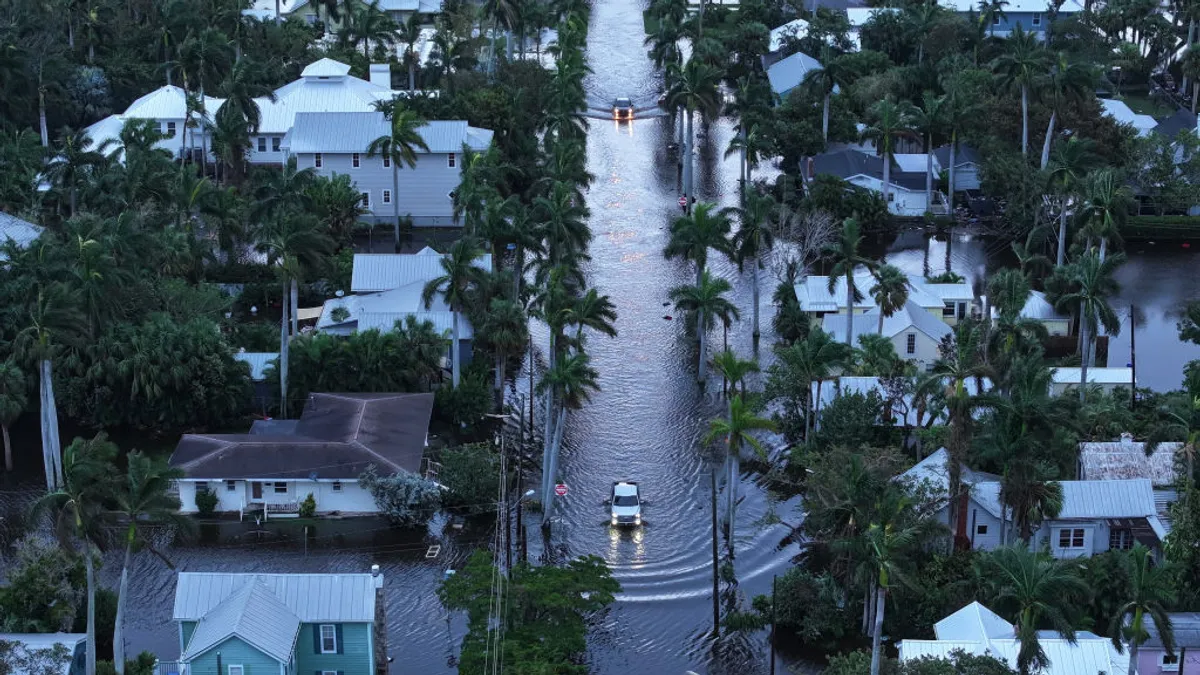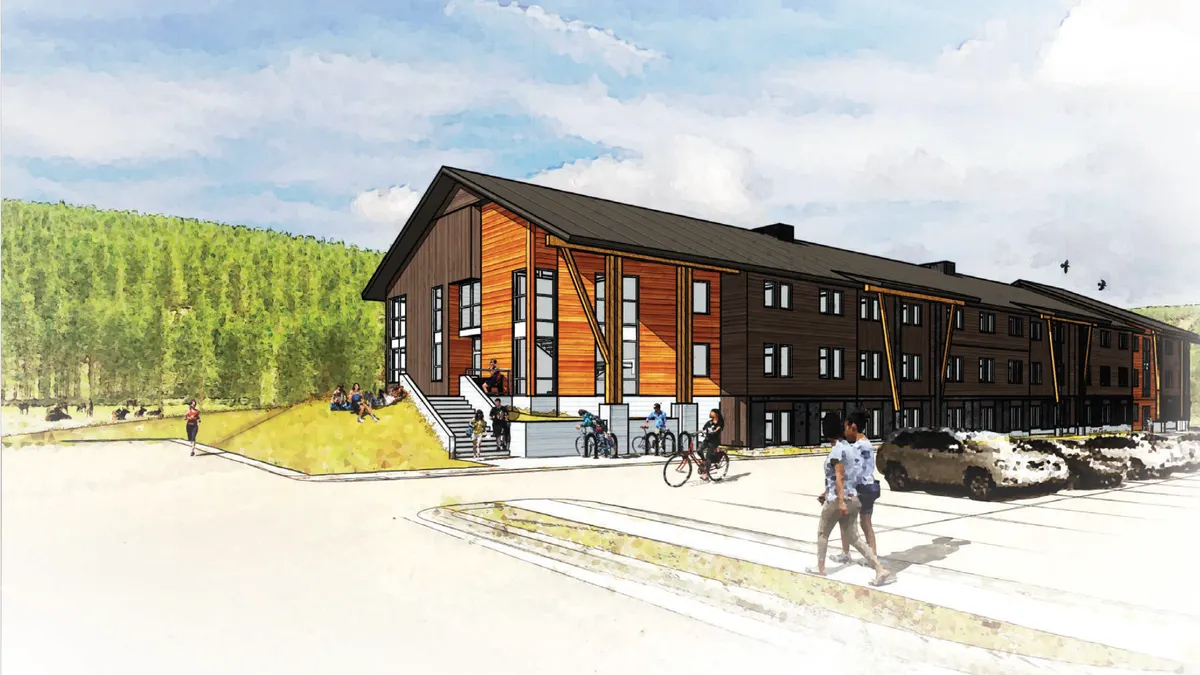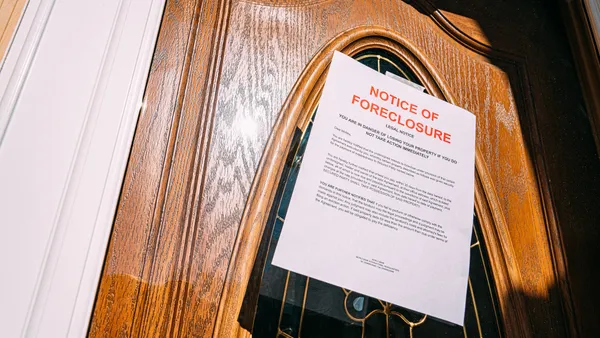Many apartment owners have received a break on insurance prices this year, but the reprieve could be short-lived.
“Property rates have moderated and in some cases reduced,” Danielle Lombardo, managing director and chair for the real estate, hospitality and leisure division in North America for London-based risk management and consulting firm Wilis Towers Watson, told Multifamily Dive. “The liability market is more constrained.”
However, Rolling Meadows, Illinois-based insurance brokerage and risk management consulting firm Gallagher said that the multifamily and industrial markets face the biggest challenges of any sector.
While noting that conditions in the overall property insurance market continue to soften, with most asset classes receiving risk-adjusted property rate increases ranging from flat to +10%, the firm’s 2024 Summer Market Update predicts an ominous rise in multifamily casualty insurance costs next year: a 10% to 20% increase for primary liability and a 10% to 15% increase in umbrella rates.
Underwriters are most concerned about acts of violence, sexual abuse and dog bites, the report says, and crime scores are especially important for underwriting multifamily projects.
Welcome relief
Recent commentary from apartment REIT executives paints a picture of an improving insurance market in 2024. For instance, Houston-based REIT Camden’s second-quarter same-store property performance exceeded its forecast primarily due to lower insurance costs and property taxes, according to its second-quarter earnings call.
Insurance, which represents 7.5% of the firm’s operating expenses, was expected to be flat year over year as of Q1. However, the company now expects a 3% decline in insurance costs. Last year, the REIT saw a staggering 40% increase in insurance. Coming into 2024, it projected an 18% jump.
“Right now, this is still a great business for the insurance providers,” Camden CFO Alex Jessett said on the REIT’s earnings call in August. “And every insurance provider that we spoke to when we did our last renewal was trying to find out how they can have more of this business, and the simple way that they can get more of this business is to keep the rates low.”
Memphis-based MAA renewed its property and casualty program on July 1 and decreased its premiums by 1%, according to CFO Clay Holder.
Although Holder doesn’t expect another decrease in 2025, he’s hopeful the increases of 2023 won’t return. The REIT’s total insurance costs rose 50% in the three years before 2024.
“I also don't know that we would expect to see levels of what we saw in the past couple of years of 15%, 20%,” Holder said on the firm’s earnings call in early August. “So I think it would be a much more reasonable growth.”
But not every REIT saw insurance declines. Chicago-based Equity Residential’s costs increased 10.4% in Q2. However, executives hope for relief in the future.
“I do see some opportunity in insurance,” CEO Mark Parrell said on the Q2 call. “I hope we get some benefit there, especially if the hurricane season isn’t too bad. We don’t own in those markets, but it’s all very much connected.”
Challenges remain
Unfortunately, the arrival of hurricanes Helene in late September and Milton in early October could have national impacts.
It’s too early to tell what that will mean to apartment owners. Boston-based catastrophe modeler Karen Clark & Co. said that Hurricane Milton, which followed Helene, could cause $36 billion in losses, according to Insurance Journal. However, apartment observers don’t see that dramatically impacting multifamily insurance costs.
But other factors could also raise insurance prices. For instance, Gallagher pointed to fire as a significant risk factor in apartments.
In 2023, 440,000 new units were completed. A large majority, 81%, of those apartments were wood-frame, which is viewed as a higher-risk construction type. Residential fires caused $10.8 billion in losses in 2022, according to the U.S. Fire Administration’s most recent data. Half of the fires were caused by cooking.
However, pinpointing exact costs remains difficult.
“The core issues of the volatility of weather events and corresponding fragility of the property insurance market make it very hard for commercial real estate owners to budget,” Lombardo said.
Click here to sign up to receive multifamily and apartment news like this article in your inbox every weekday.









